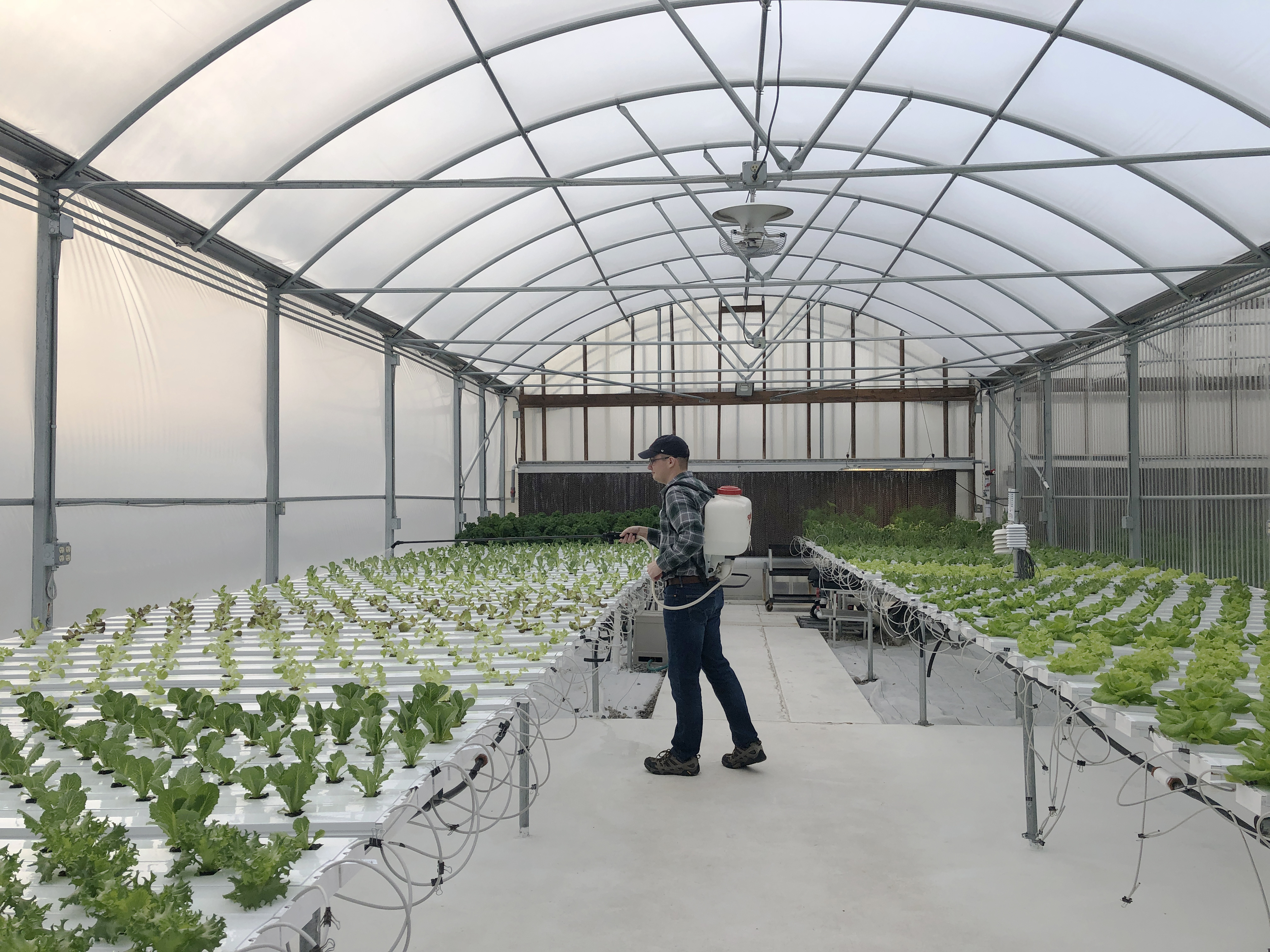Handheld, Backpack and Air-assisted Sprayers

Spring is in the air, which means it's spray season here at CropKing! In order to combat pests, disease causing microbes and other "invaders", we use a sprayer to apply chemicals and protect the plants we are caring for. From handheld, to air-assisted sprayers or foggers, there are many options and lots of information to consider when purchasing. This series will help both the seasoned and novice grower with help spraying. First, lets discuss some of the types of sprayers that are available for growers.
Handheld Sprayers: These, in concept, are the smallest and simplest of the sprayers that a grower can use. They are often very low cost, have few moving parts, and hold only a small amount of fluid. Ideally, these are good for spot spraying (we will discuss in a different blog post) and for hobby use.
Backpack Sprayers: These typically hold between 2 to 6 gallons of fluid. In this category, there are several different types and the cost depends on the options in the sprayer. The most important options include the type of pump on the sprayer, the material the tank si made out of, and how the tank is pressurized. These sprayers are great for all sorts of applications and are used successfully in both small and large scale operations.
Air-assisted Sprayers: Similar to a backpack sprayer where the user will be carrying or moving the sprayer by hand, this option can hold various amounts of fluid based on the tank size. The concept with these is to use air to help move the spray particles within the canopy of the plant. This type of unit is ideal for large canopy plants such as tomatoes, hops, grapes, etc.
Foggers: These sprayers are on the relatively higher end of sprayers commonly used in the greenhouse. These have the capacity to create very fine particles that help the liquid penetrate plant canopies in an effective and efficient manner. These are several options and sizes available to the grower, and are sized based on grower needs.
Do you use sprayers in your operation? What do you use and what do you think are the pros/cons? Follow this series in the coming months for information about nozzle classification and uses, application rate math, sprayer selection and more!
